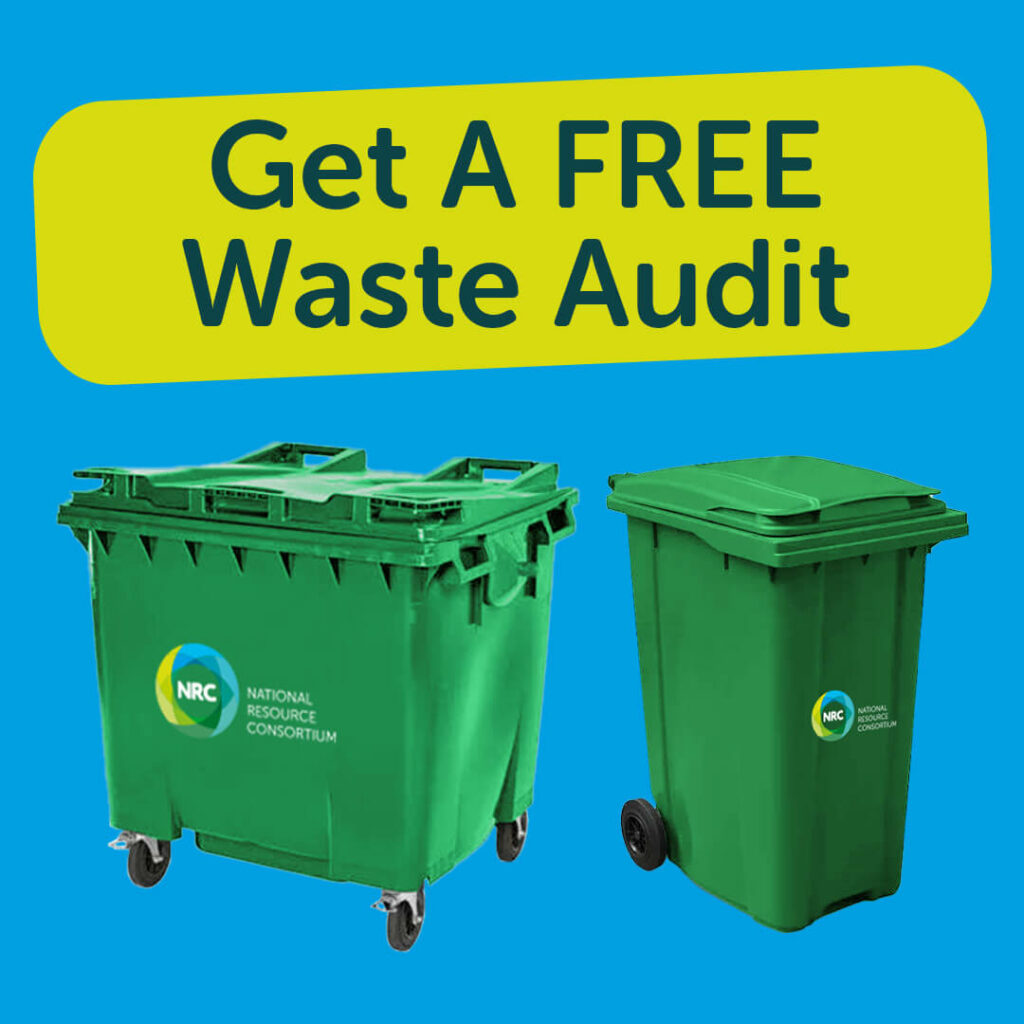May 9th, 2024

In today’s environmentally-conscious world, businesses across the UK are constantly seeking ways to leave a greener footprint. One often overlooked aspect? The proper disposal of engine oil.
Whether you run a fleet of vehicles, operate machinery, or just change your own vehicle’s oil at your business, knowing how to responsibly handle and dispose of this waste is a must. Not only for our planet, but also to stay compliant with UK regulations.
Here at NRC, we are experts in commercial waste management and have decades of experience in helping UK businesses dispose of their waste in an efficient and eco-friendly way. To help you and your staff make the right choices, we’ve put together this comprehensive guide on engine oil disposal – tailored especially for UK businesses.
- What are the legal requirements when disposing of engine oil?
- How do you prepare engine oil for disposal?
- Can engine oil be recycled?
- Do you need a hazardous consignment note for engine oil?
What are the legal requirements when disposing of engine oil?
Disposing of engine oil isn’t as straightforward as just pouring it down the drain or throwing it into the bin. Given that engine oil is hazardous waste, there are strict legal requirements that businesses across the UK need to follow:
1. Control of Pollution (Oil Storage) Regulations
These rules state that, if you have large containers holding more than 200 litres of oil, you need to store them in a second container. This adds a double layer of protection against spills and leaks.
2. Waste Duty of Care Regulations
As a business, it’s your responsibility to make sure engine oil is disposed of responsibly. This means you should always deal with reputable and licensed waste management companies. You also have to keep a record of where your waste goes for at least 2 years.
3. Environmental Permitting Regulations
If your business deals with large amounts of engine oil, you may need to get a permit to store or treat this waste. This makes it possible to minimise the risks associated with hazardous waste, while ensuring those handling it are competent and equipped to do so.
How do you prepare engine oil for disposal?
Preparing engine oil for disposal takes care and attention. To keep your staff safe and your business compliant, we’ve put together an easy checklist for you to follow:
1. Safety First
Before handling engine oil, always wear protective gloves and safety goggles. It’s also a good idea to make sure your workspace is well-ventilated so you can avoid inhaling any potentially harmful fumes.
2. No Mixing Allowed
Never mix engine oil with any other substances, such as antifreeze or brake fluid. Mixing can make recycling harder and can also change the hazardous nature of the waste, complicating its disposal.
3. Using the Right Container
Always use a leak-proof, tight-sealing container when storing and / or transporting used engine oil. Containers specifically designed for waste oil are best, but if you’re reusing another container, just make sure it’s clean and free from other substances.
4. Labelling
As this is a hazardous waste, you need to clearly label the container as ‘Used Engine Oil’ to avoid confusion and to help with the proper disposal by waste management professionals.
If you keep these steps in mind, you can rest easy knowing your business is disposing of engine oil in a way that’s safe, environmentally friendly, and in line with all relevant legal requirements.
Can engine oil be recycled?
Absolutely, oil can be – and often is – recycled. The process to do this follows three general steps:
- Collection: Used engine oil is first collected from businesses like yours, be it garages, factories, or vehicle service centres.
- Cleaning: This stage sends engine oil through a process that removes dirt, grime and other contaminants to leave it as pure as possible.
- Re-refining: The cleaned oil is then treated and transformed into re-refined oil, which is essentially a high-quality base oil that’s ready to be turned into new products.
From waste to wonder
Once recycled, the oil isn’t just discarded or forgotten. Instead, it takes on new roles:
- Motor Oil: One of the primary uses of recycled oil is to produce fresh motor oil that can be used again in other engines.
- Furnace Fuel Oil: Not all recycled oil goes back into vehicles. Some of it becomes furnace fuel oil, which is used in industrial burners to provide heat.
By recycling engine oil, we are not only protecting the environment but also reducing the need to extract and refine new oil. It’s a win-win for both the planet and industry!
Do you need a hazardous consignment note for engine oil?
As mentioned before, engine oil is considered hazardous waste. This means you will need a hazardous consignment note when it’s disposed of. This is essentially a detailed receipt that tracks where your hazardous waste is headed and helps to make sure the used oil is handled properly and with care.
Knowing where your waste is going isn’t just about fulfilling legal requirements; it’s about taking responsibility for what your business produces. By using a trusted commercial waste management company, you’re ensuring that the engine oil will be dealt with in a manner that’s both environmentally-friendly and in line with regulations.
Manage your business waste with NRC
When it comes to business waste management, the importance of choosing a trusted partner can’t be overstated. At NRC, we have an in-depth understanding of UK regulations, combined with a forward-thinking approach to recycling and sustainability. This means we can help every business confidently navigate their waste disposal needs.
When you partner with NRC, you’re not just choosing a service; you’re making a pledge for a greener future, safe in the knowledge that your waste management needs are in the best hands. Get in touch with our experts today for a free quote on commercial waste management for your business.





